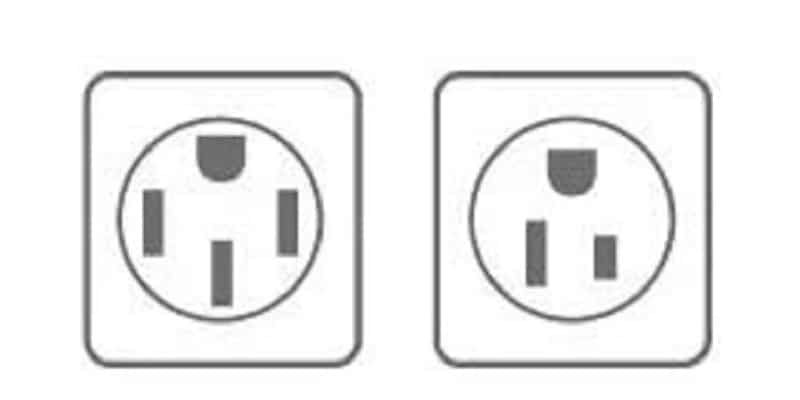Do EV Chargers Need GFCI Protection?
No, you don’t need any kind of GFCI protection for EV chargers, it would be better to use and comply with the requirements of GFCI protection laws for home and office circuit wiring.
Let me tell you that electric car chargers, also known as EV chargers or EVSEs (electric vehicle supply equipment), are devices used to charge electric vehicles. When it comes to the safety of these chargers, one important consideration is whether they require Ground Fault Circuit Interrupter (GFCI) protection.
GFCI breakers are special types of breakers designed to protect against electrical shock, commonly used in areas prone to water exposure, such as bathrooms and kitchens.
Why Electric Chargers Need GFCI Protection?
Electric car chargers, especially those designed for outdoor use, must have GFCI protection. While they are often plugged into a standard 120-volt outlet, which lacks GFCI protection, the charger itself requires this added safety measure. Without GFCI protection, there is a risk of electrocution in case of a malfunction or electrical circuit problem.
GFCI breakers work by detecting disruptions in the electrical circuit. If a fault is detected, such as the flow of electricity through a person or another conductor, the GFCI breaker trips and cuts off the power supply. This mechanism prevents potentially dangerous electric shocks and helps ensure user safety during the charging process.
Types of Electric Car Chargers
There are two main types of electric car chargers: Level 1 and Level 2. Level 1 chargers are slower and typically take up to eight hours to fully charge a vehicle. These chargers are commonly used for overnight charging at home when the vehicle doesn’t need to be fully charged in a short amount of time.
On the other hand, Level 2 chargers are faster and can charge a vehicle in two to four hours. They are more commonly found at public charging stations and are the preferred option for charging electric vehicles quickly.
Additional Considerations for EV Chargers
Dedicated Circuits:
In general, electric vehicle chargers benefit from having a dedicated circuit. A dedicated circuit means that the charger is connected to its own circuit breaker, separate from other electrical devices or appliances in the house. This setup ensures that the charger can draw power without overloading the circuit or causing potential electrical issues.
This also depends upon the kind of chargers you have suppose if you are planning to install Level 2 Charger then you need One NEMA 6-50 outlet, NEMA 14-50 outlet, or supplies to install a hardware circuit where you are going to install this.

Tesla Chargers:
Tesla chargers, specifically the Level 2 Tesla EV Charging system, require a dedicated 240-volt circuit to operate effectively. It is important to consult the manufacturer’s guidelines and local electrical codes when installing a Tesla charger to ensure proper electrical connections and circuit protection.
Compliance with Electrical Codes:
When installing an electric car charger, it is crucial to adhere to local electrical codes and regulations. These codes may specify the type of circuit breaker and GFCI protection required for the charger installation. Hiring a professional electrician for installation ensures compliance with these codes and guarantees the safe operation of the charger.
Conclusion:
In summary, electric car chargers, whether Level 1 or Level 2, require GFCI protection to ensure user safety during the charging process. GFCI breakers help prevent electrical shocks by detecting faults in the electrical circuit and cutting off the power supply.
Additionally, dedicated circuits and compliance with electrical codes are important considerations when installing an electric car charger. By following these guidelines and consulting with professionals, electric vehicle owners can enjoy the convenience of charging their vehicles safely and efficiently.





